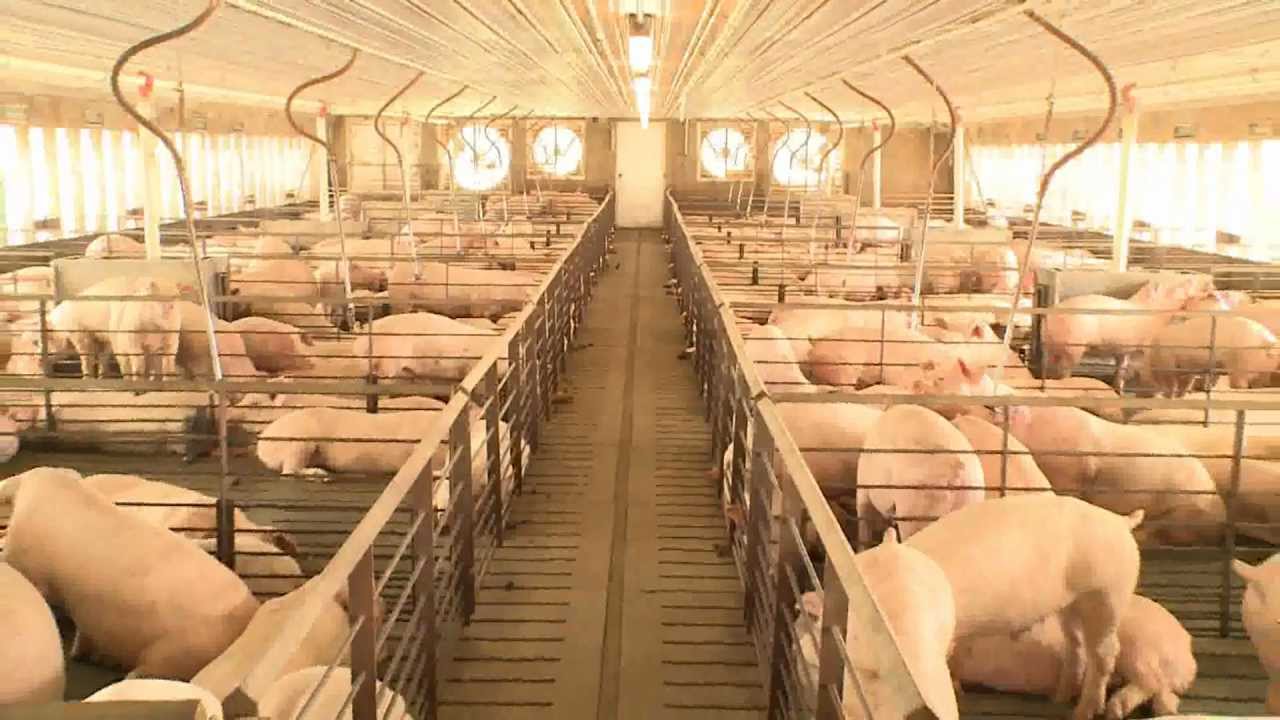Polish pork producers warn for decline in pork supply

The number of pig farmers in Poland keeps shrinking at a frightening pace. This picture is similar across Europe as African Swine Fever (ASF) and rising costs drive pig production capacities to bankruptcy. The Polish Wielkopolska Chamber of Agriculture stated this in an open letter sent to the Polish government.
The current crisis should not be perceived as a temporary phenomenon. On the contrary, it could manifest a beginning of a major downward trend in the pig industry, the agricultural chamber said.
Since the beginning of 2022, as many as 43,000 Polish farms have been liquidated. Thismeans that on average, 76 operations per day ceased to exist. Even some improvements in the ASF situation have failed to reverse the negative trend.
The Polish veterinary services registered 124 ASF outbreaks in 2021. As of early October, this figure is limited to 13 outbreaks. However, ASF continues to negatively impact Polish pork production. Since the beginning of the year, 86,022 pigs have been culled as a result of ASF outbreaks.
The Wielkopolska Chamber of Agriculture warned that some farmers stay in business to fulfil obligations taken under the government subsidising programme. On the other hand, most farms with less than 400 to 500 pigs are making losses in the background of soaring production and logistics costs.
The decline in the pig population in Europe could cause a pork shortage in the regional market. ‘Pig production across Europe – except Spain, is declining, limiting the supply,’ the agricultural chamber said. ‘At the same time, the pork stock that has not been exported to China is running out. This situation may lead to a pork shortage on store shelves, and consequently to higher prices. Problems of pig farmers could eventually hit slaughterhouses and meat-processing plants.”
In addition, the agricultural chamber voiced concerns over a hike in tariffs associated with veterinary inspections. It is estimated that the new rules that came into force last month entailed a nearly ten-fold cost rise.
‘The current unstable economic, and political situation makes such a step unjustified and irrational,’ the agricultural chamber said. ‘Small pig farms as well as those slaughtering pigs for their own consumption, appear to be the most vulnerable in the face of this challenge.’
Read also
Wheat in Southern Brazil Impacted by Dry Weather and Frosts
Oilseed Industry. Leaders and Strategies in the Times of a Great Change
Black Sea & Danube Region: Oilseed and Vegoil Markets Within Ongoing Transfor...
Serbia. The drought will cause extremely high losses for farmers this year
2023/24 Safrinha Corn in Brazil 91% Harvested
Write to us
Our manager will contact you soon



